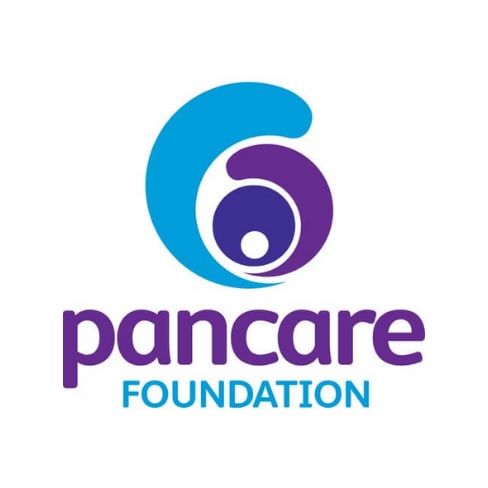The funds raised from Dry July 2023 are helping Pancare Foundation continue to support patients and their families from diagnosis to treatment and beyond, through Cancer Care Coordinators, the expansion of Upper GI Cancer Specialist nurse services and the provision of culturally appropriate information to Aboriginal and Torres Strait Islander communities.
Make a Difference
Sign up to Dry July 2024 and raise funds for Pancare Foundation.
Spread The Word
Share this page to get friends to donate:
Latest Updates
|
|
Your Dry July 2022 funds are supporting Pancare Foundation's national education program |
Following on from the success of the 2022 Dry July campaign, Pancare Foundation were able to raise funds that directly fund the delivery of a national education program “Connecting for Hope: Upper Gastrointestinal Cancers and You” to facilitate improved awareness of upper GI cancers and increased connectedness and hope among the upper GI cancer community of patients, carers, families and local health professionals.
Furthermore, a proportion of the funding will also go toward expanding the Care Coordinator support offered by the PanSupport team for patients and carers.
The need for more specialist nurse, counsellor and care navigation for our patients has grown in the last year and Pancare Foundation are thrilled to have Dry July support us to provide assistance to those who need it.
|
|
Helping more Australians understand the signs and symptoms of upper GI cancers |
Thanks to your support, you’ve helped Pancare develop a series of animated videos that help educate about the signs and symptoms of upper gastrointestinal (GI) cancers – pancreatic, liver, stomach, biliary and oesophageal cancers.
Upper GI cancers often go undiagnosed in the early stages due to the presentation of vague symptoms such as nausea, pain in the upper abdomen, loss of appetite, weight loss and tiredness. Currently, no early detection tests are available.
Pancare’s new animation series will help individuals be able to identify and take action on any unusual or persistent symptoms and consult their GP for review before it’s too late.
|
|
Your Dry July fundraising has helped grow Pancare's specialist cancer nursing program |
Your Dry July fundraising has helped employ two new specialist upper GI cancer nurses to support the needs of Australians diagnosed and living with pancreatic, liver, stomach, biliary and oesophageal cancers.
Our team of dedicated nurses in our PanSupport program are there for patients and their families through all stages of their cancer journey. From coping with a recent diagnosis, understanding treatment options or managing symptoms, our team provide practical support at a time when it’s needed most.
On behalf of Pancare Foundation and our team of specialist upper GI cancer nurses, thank you for helping us be there to support more Australians living with these devasting cancers.
|
|
You should feel so proud knowing the funds raised for Dry July have helped Pancare fund multiple projects and resources |
Your fundraising for Dry July has enabled our Foundation to fund the following projects to better support Australians diagnosed with upper gastrointestinal cancers:
• Understanding your cancer diagnosis video series
• Expansion of Upper GI Cancer Specialist Nurse Service
• Upper GI Cancer Care KITs
These new initiatives, combined with Pancare Foundation’s PanSupport Service, helps ensure patients, carers and their families are supported through their cancer journey. Through our programs and resources we address physical, psychological, social, and emotional needs of patients living with pancreatic, stomach, liver, biliary and oesophageal cancers.





